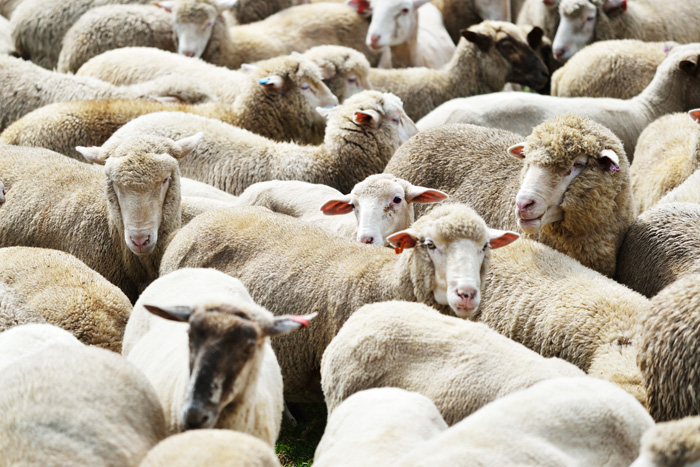A nationwide shortage of a vaccine to protect sheep from the tick-borne Louping Ill virus (LIV) means farmers need to look at additional ways of protecting their stock to prevent losses.
Traditionally ticks tend to be a problem associated with sheep grazing dense vegetation in upland areas such as the highlands of Scotland and Northern England. This year though farmers could see more widespread problems as sheep graze marginal areas looking for grass.
More than 500 cases of LIV were reported between 1999 and 2012 by the Animal and Plant Health Agency (APHA) and Scotland’s Rural College (SRUC), 78% of which were in sheep.
Moredun Research Institute suggests ticks are spreading geographically and increasing in numbers mainly as a result of climate change.
Monitor ticks this year
Due to a shortage of forage, this year sheep may be forced to eat longer vegetation on field boundaries which are more prone to ticks. Vet Dr Dave Armstrong from Zoetis encourages farmers to monitor the situation.
He said: “Ticks prefer warm and humid environments, so current conditions are perfect for them. Using DYSECT means your stock is covered for 8-12 weeks protecting them from ticks and the diseases they spread. If ticks are a problem, then speak to your vet or SQP to device a specific tick control plan for your farm.”


